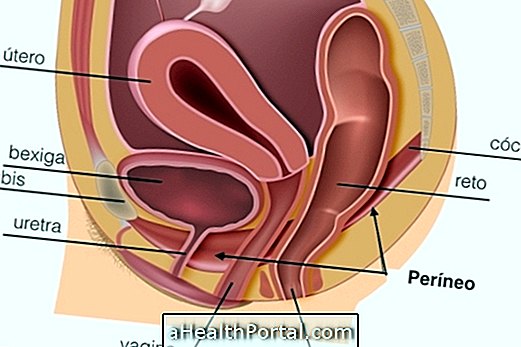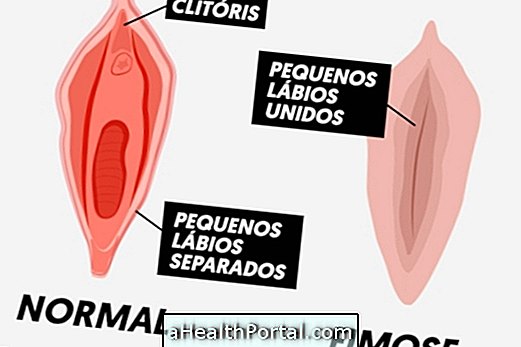Kegel exercises, also known as pelvic floor exercises, strengthen the muscles supporting the uterus and bladder, which helps control urine and improve intimate contact. Practicing these exercises during pregnancy also helps in training for normal birth, when it is necessary to force the baby out, reducing the pain and time of labor.
How to know which muscles to contract
An excellent way to figure out how to do the contractions properly is by inserting a finger into the vagina and attempting to squeeze the finger. Another good way to identify the muscles is by peeing to try to stop the jet of urine. However, it is not recommended to try doing this exercise with a full bladder because it can cause urine to return through the ureters causing urinary tract infection.
When identifying how the contraction should be done, one should try not to shrink too much of the belly so as not to expend extra energy by contracting the abs or contracting the muscles around the anus, which may be more difficult initially. In any case, the gynecologist, obstetrician or physiotherapist may indicate in person, in a consultation, how they can perform the exercises correctly.

How to Do Pelvic Floor Exercises
To strengthen the pelvic floor in pregnancy, the pregnant woman should do the following:
- Empty the bladder, completely eliminated the pee;
- Contract these same pelvic muscles for 10 seconds;
- Relax for 5 seconds.
The workout consists of doing about 100 contractions per day, divided into sets of 10 repetitions each.
The progression of the exercise is to increase the time of each contraction. So, each time you contract your pelvic floor muscles you should count to 5 and then relax, repeating that step 10 to 20 times in a row.
Small vaginal cones, which are suitable for this purpose, can also be introduced into the vagina and help further strengthen these muscles by increasing the intensity of each workout.

When and where to do the exercises
Kegel exercises can be performed in any position, whether sitting, lying or standing. However, it is easier to start the exercises lying down with your legs bent, and after a few days, you can do the exercises in the 4-position position, sitting or standing with your legs apart.
You can start practicing this training at any stage of your pregnancy, but it may be more necessary after 28 weeks when the woman is in the second trimester of pregnancy, when you may begin to notice some difficulty controlling urine and this it is also a good time to start preparing for childbirth.
It is also possible to perform these exercises during intimate contact, which may bring more pleasure to both the woman and the partner.
























